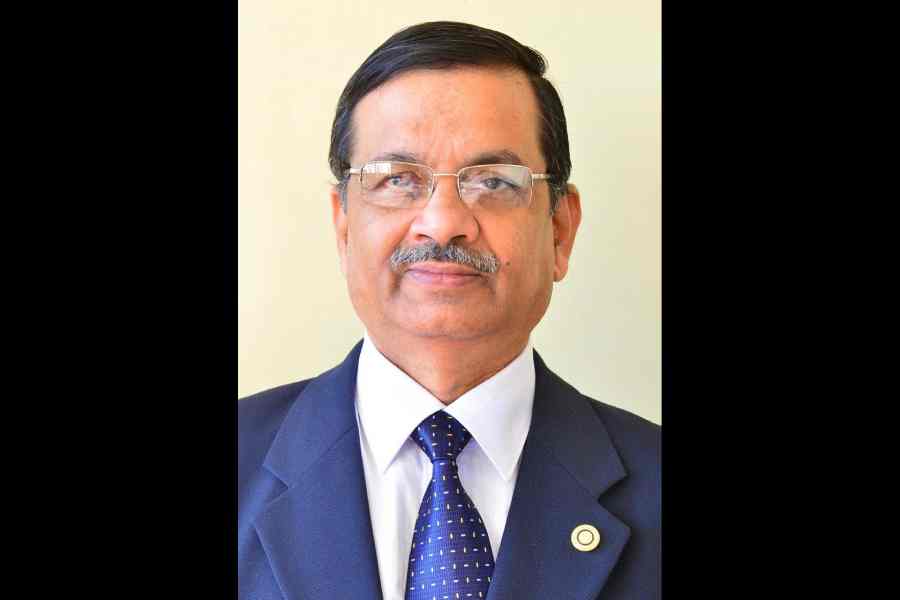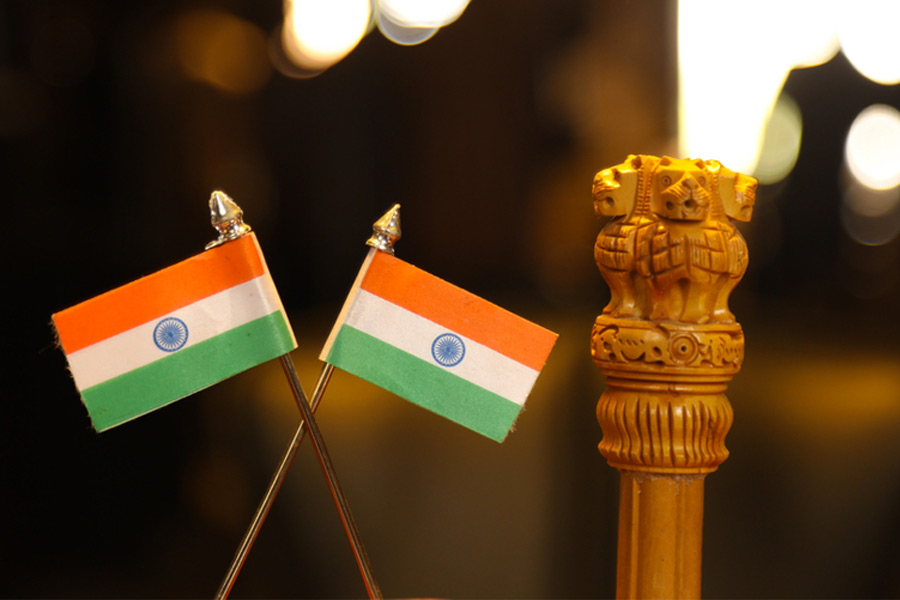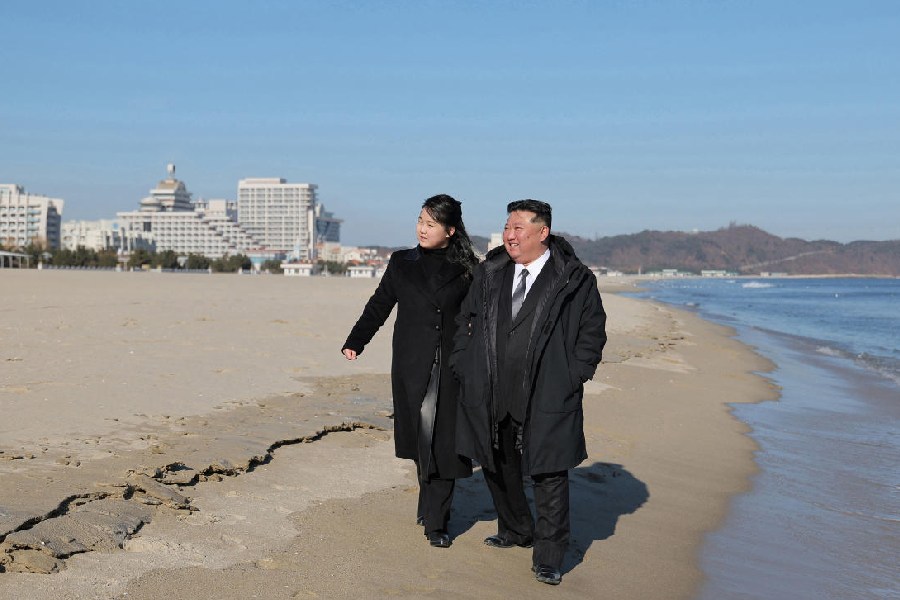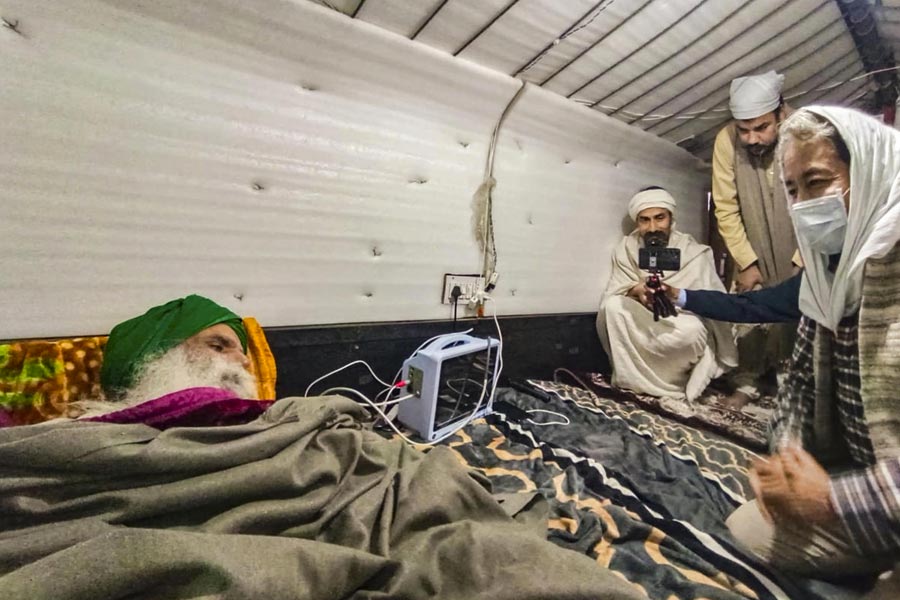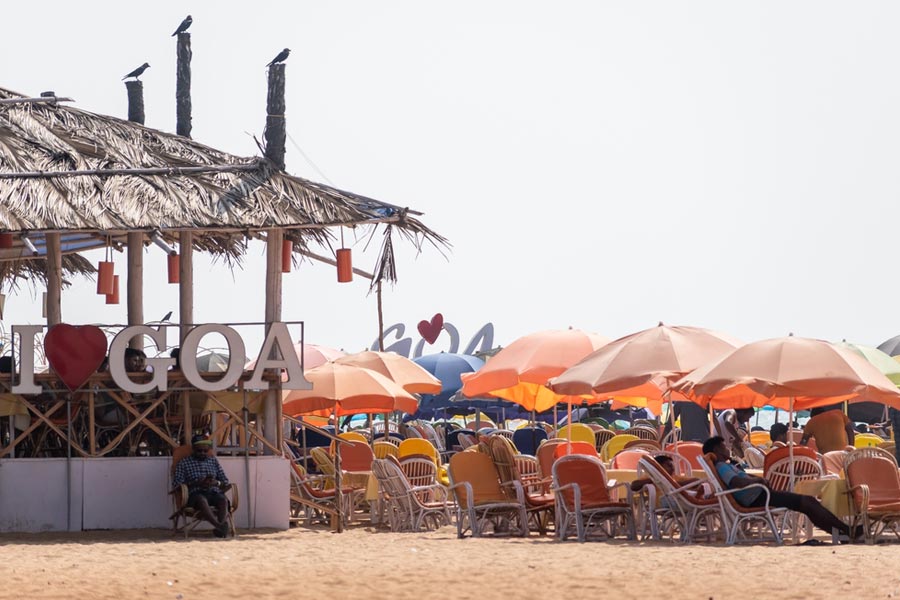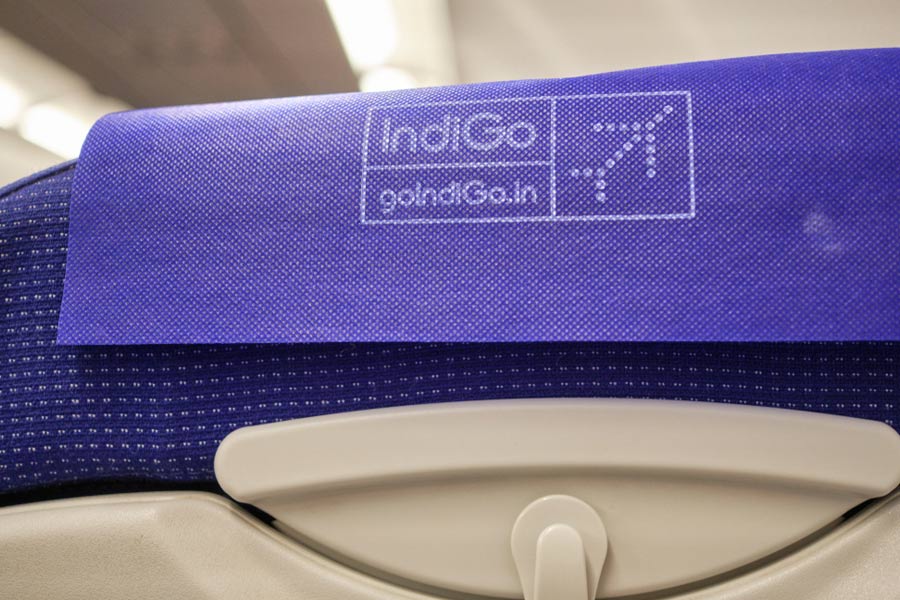Chemist Ranjit Verma marked Sunday, September 1, as the eve of a dream he’s defended for over eight years — the chance to host in India a global science meet on an esoteric yet ubiquitous subject.
The quadrennial International Congress on Thermal Analysis and Calorimetry (ICTAC) 2024 is set to start at the Indian Institute of Technology, Madras, on Monday, a six-day-long science-heavy meeting expected to draw more than 400 researchers from over 50 countries.
“Thermal analysis is the science of studying how materials respond to temperature changes,” said Verma, former pro-vice-chancellor at Patna University and currently the chair of the national organising committee for ICTAC 2024. “And we need thermal analysis for nearly everything — in food, medicine and aerospace sectors, in the chemical industy and in biology too.”
The conference delegates — researchers working on rocket fuels, materials, food technology, chemical and pharmaceutical sciences, and physical sciences among other topics — will discuss new findings on how heat impacts materials.
Verma said he’s spent several years engaged in persistent efforts to “defend” India as a site for hosting the conference. “This quadrennial conference has almost always been confined to cities in Europe or in North America,” said Verma who had argued for India during the 2016 conference in Orlando, Florida, and during the 2020 conference in Krakow, Poland. “Finland and Romania were also initial contenders for the 2024 conference, but ICTAC’s executive council decided on India.
Scientific papers to be presented at the conference will touch on solar energy harvesting, fires related to lithium-ion batteries, novel materials to serve as drug delivery vehicles for breast cancer, and antimicrobial footwear, among myriad other topics.
Verma himself will present a research talk on how turmeric added to mustard oil during cooking — a near-universal practice in kitchens across India — can delay the emergence of what he calls “obnoxious chemicals” in the dish.
“When cooking oil is heated, nothing really bad happens until it is heated beyond a threshold temperature, above which potentially toxic chemicals are released,” said Verma, who led a research group studying the chemistry of cooking oil earlier, while at Patna University and at Bodh Gaya. “Turmeric has antioxidant properties and its addition effectively improves the shelf life of the oil and raises the threshold temperature at which the toxic chemicals emerge,” he said.
Verma’s collaborator Peter Simon at the Slovak University of Technology is now trying to determine if carotene, another antioxidant, has the same effect on cooking oil as turmeric.

